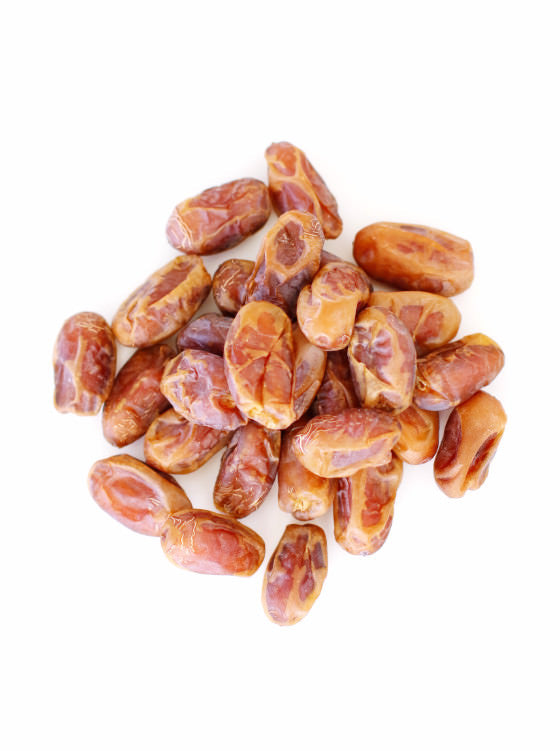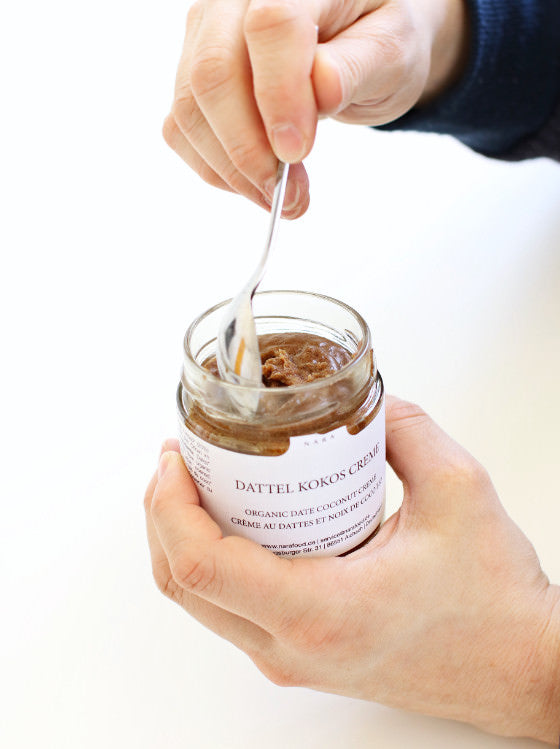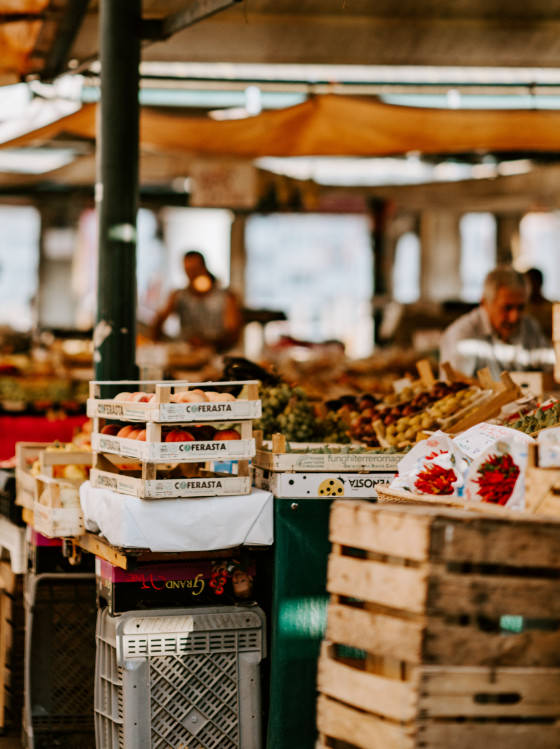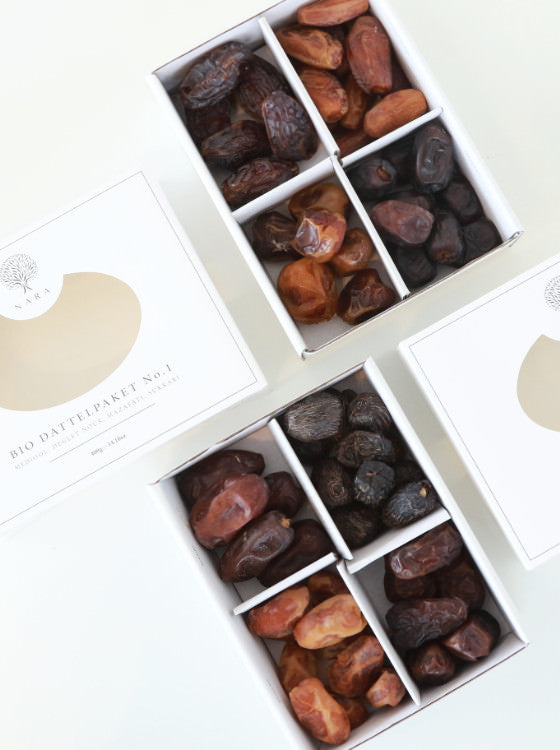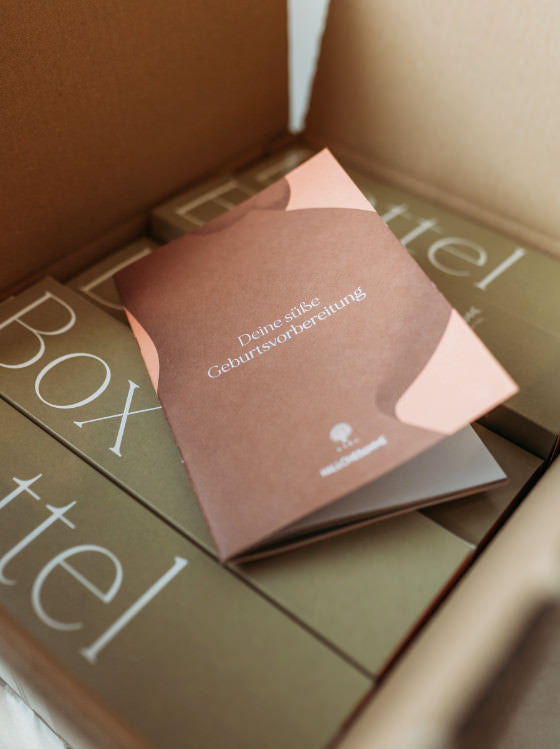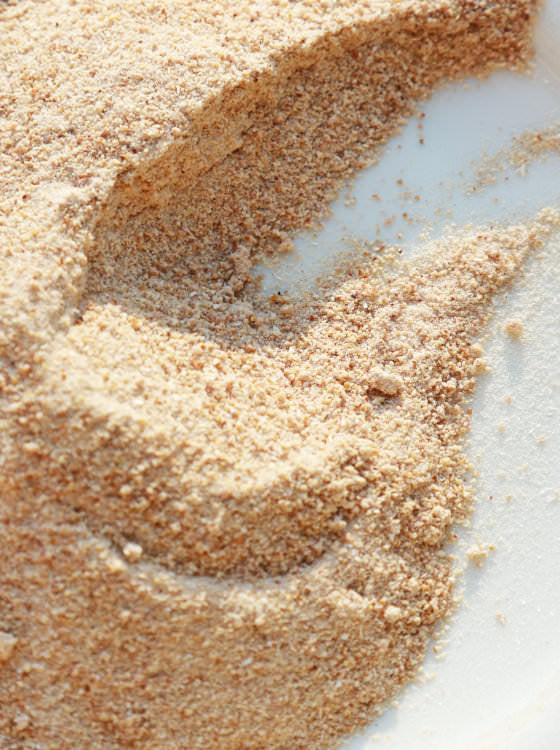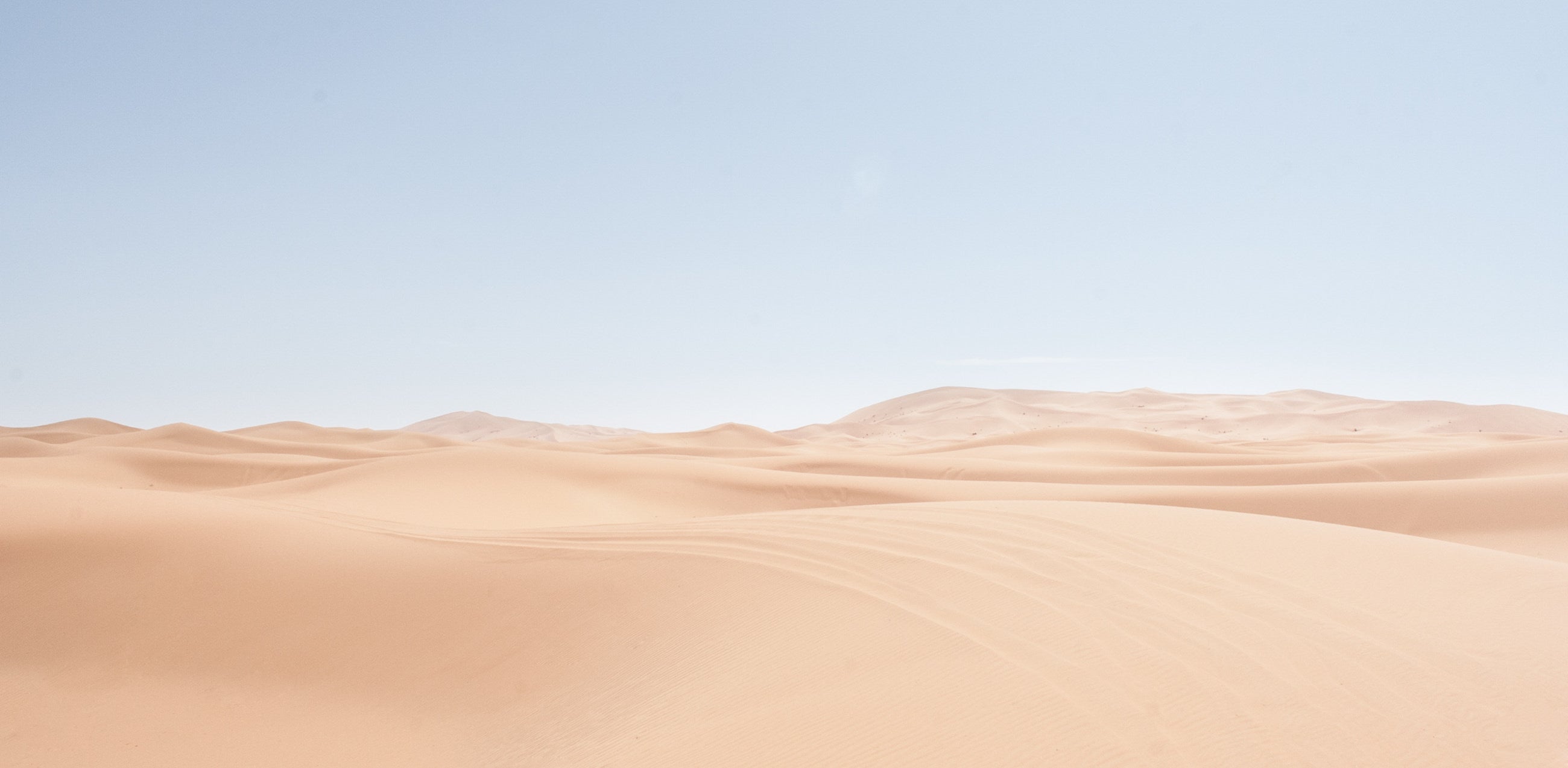The Prophet says: "Break your fast by eating dates
Many Muslims break their fast in Ramadan following the example of the Prophet Muhammad: they eat some dates and drink water or milk with them. There is also a widespread custom of soaking dried dates in milk and eating this soup, which is both sweet and fortifying. Dates are rich in sugar and fiber and contain many important vitamins and trace elements. They are excellent for quickly replenishing the depleted reserves of those who have spent an exhausting and abstemious day in Ramadan. Dates are easy to digest and fresh dates also hydrate the body.

Less well known is a reference to fasting, which is also said to come from the Prophet: According to it, the stomach should first be filled only one-third with food, another third with water, and the last third should remain empty....
Dates as attunement
With whatever devout Muslims break their fast in Ramadan: The real feast is yet to come. In this sense the date serves also as basis and attunement for the stomach, because this wants to resume its service sometimes only reluctantly. By the way, current scientific studies prove the importance and the positive effect that fasting has on the human body. Fasting for hours during the day, interrupted by periods of meals, can trigger many processes in the body that promote health. This makes it all the more important to get the body and digestion "going" again in a gentle and beneficial way after the phases of fasting - and not to overtax the body. The Koran emphasizes in many places the importance of careful care of the body and Islam shows itself (also) in these aspects as very modern and connectable.

"The Prophet says, "There is a tree among all trees that is like a Muslim (in kindness) and that is the date palm." (Bukhari)
Together One: Like dates on a tree
More important than fasting and breaking the fast is the sense of community that Ramadan deepens and can become an occasion for deep realization.
Where do Muslims in Germany come together? That depends very much on individual family traditions, but also on cultural influences. People often meet within the family circle; many people meet with their friends or in a mosque. Houses of worship that are dominated by a Turkish audience often offer an iftar meal for everyone, with individual congregation members preparing and bringing the meals. Muslim student groups also host public iftars from time to time.

Looking for an iftar near you? Or would you like to break your fast with others? Why not find out about the "Open Mosque Day"? On this day, up to 1,000 places of worship throughout Germany open their doors and invite you - if it is Ramadan - to break the fast together, to prayer and iftar.
In Muslim-influenced countries, one finds in many places a form of togetherness that is characterized by charity: Here, wealthy Muslims open festival tents and invite those in need to eat there.
"Whoever gives a fasting person something with which to break his fast receives the same reward, without this in any way diminishing the reward of the fasting person." Muhammad
A matter of attitude: what foods are part of Ramadan?
Serving and eating dates to break the fast during Ramadan is as traditional as it is pleasing to the palate and body. After breaking the fast, some Muslims first perform the Maghrib prayer and then partake in a smaller or larger feast. Muslims of Turkish origin eat a larger meal directly after breaking the fast and then pray afterwards.

Very different foods are eaten - here, too, much depends on traditions and cultural customs. What all Ramadan meals have in common, of course, is that they are halal. Foods that are easy to digest and contain a lot of liquid are also particularly popular.
Ramadan specialties:
- Ajwa dates for breaking the fast: Sometimes traditionally an odd number of the fruit
- North Africa; especially Morocco: Harira soup
- Turkey: Baklava
- Bosnia: Lemonade
"If any of you breaks the fast, it is with dates, they are blessed" (Passed down from Abu Dawud)
Ajwa dates for Ramadan: The special date variety from Medina
In Islam and in the Islamic world, the Ajwa date has a special meaning. In our online store you can buy various dates online and receive on order of course the Ajwa date, which we import in the finest organic quality from the region of Medina.
The Ajwa date convinces not only by its special quality, but also receives a unique status in the Koran. There it is attributed to protect the one who eats it in the morning from "poison and magic". In a Hadith it is further said, who eats the Ajwa, becomes "by nothing impaired". Even today, it is a tradition in many countries to bring ajwa dates to a sick person. The sick person not only experiences the beneficial effect of this type of date, but also the special appreciation of the person who brings him the dates - and this also contributes to a faster recovery.
In the fasting month of Ramadan, many Muslims want to use just the Ajwa date to break their fast for these reasons, because:
The Prophet tells Muslims, "Ajwa dates are from Paradise." (Al-Tirmidhi)

